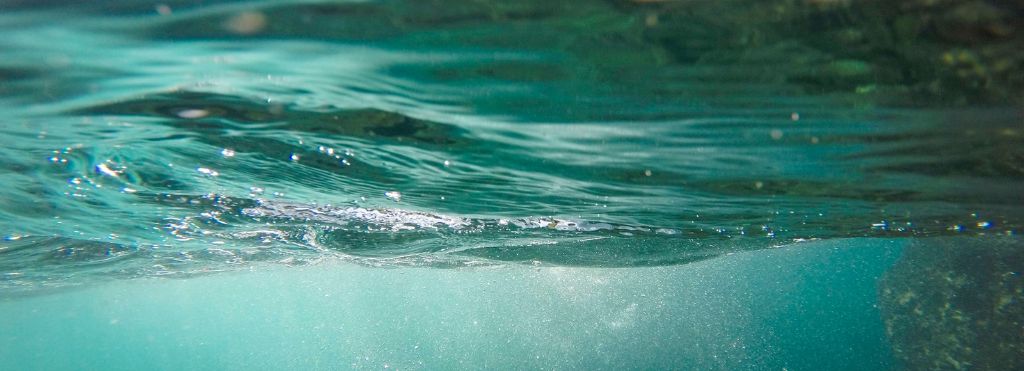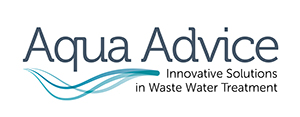Sulphate removal: an innovative approach

Sulphate removal can be achieved using a number of different methods, but wastewater treatment experts Aqua Advice were keen to develop a more effective treatment solution. Read on to find out more…
What is sulphate?
Sulphate – or SO4 – is commonly found in almost every type of natural water, including groundwater, oceanwater, and rainwater, as well as crude oil and brines.
Highly soluble, it is released into the water by natural sources such as such as mineral weathering, decomposition, volcanoes, organic matter combustion, and sea salt.
Whilst is occurs naturally, sulphate predominantly makes its way into our water supply through waste and industrial discharge.
Mines, smelters, paper mills, textile mills and tanneries all produce an abundance of sulphate, which is left in industrial waste and gets into streams and groundwater. The main sulphates that are found in out water are sodium, potassium and magnesium sulphates.
Why is sulphate removal necessary?
Since sulphate can occur naturally, its presence may go unnoticed and you may never experience a side effect.
However, industrial-made sulphates, or sulphates in high concentrations, can be hazardous to human health and the environment, as well as corrosive to pipes and equipment.
As a result, sulphate removal is something many industrial facilities strive to achieve.
Existing techniques for sulphate removal
There are four existing techniques for sulphate removal:
Adsorption:
This process removes sulphates from wastewater by passing the liquid through porous, adsorbent material. As sulphates are highly soluble they are more attracted to the adsorbent material than to the water, binding to the material’s surface while the liquid effluent goes through.
Distillation:
Whereas other methods of sulphate removal involve separating the contaminants from the liquid, distillation does the opposite. Sulphate-saturated liquids are heated to boiling point, then cooled. The sulphates remain, whilst the liquid is removed in the form of vapour. The vapour is then passed though a condenser, the purified water collected in a sterile container.
Ion exchange:
Used for water softening, purification, and separation, ion exchange treatment systems remove sulphates by exchanging these soluble ions for other, more desirable ions of a similar electrical charge. This process usually occurs in an ion exchange vessel where the liquid is passed through a specialised resin that facilitates ion exchange.
Reverse osmosis:
Also known as membrane filtration, reverse osmosis removes sulphates by applying pressure to the liquid on one side of a semipermeable or selective membrane. The larger sulphate molecules can’t cross the membrane, whereas the water molecules can, separating the two.
Each of these methods are effective methods for sulphate removal and are used across a wide range of industries. However, each has its drawbacks in terms of cost and time required to achieve the desired results.
Could Aqua Advice develop a more effective solution for sulphate removal?
With over 30 years in the wastewater treatment industry, Aqua Advice provides companies with innovative solutions to industrial waste water chemical treatment.
With the aid of a DTI grant, we developed novel technology for the removal of sulphates via chemical precipitation and using ultrasound to enable sulphate ions to be removed.
There are numerous benefits of this method, including:
- Single stage settlement and dewatering.
- Does not suffer from limescale.
- Possibility the filter cake can be re-used/recycled.
- Wide range of contaminants removed in addition to sulphate – heavy metals, phosphate and chemical oxygen demand.
- Possibility of re-using the water using reverse osmosis: the membranes won’t foul/scale due to the quality of the water produced by the precipitation reaction.
- Process is applicable to a wide range of industries and effluents.
This technology is already successfully being used on several plants in UK.
If you require sulphate removal and would like to enquire about Aqua Advice’s wastewater treatment technology, get in touch today.
